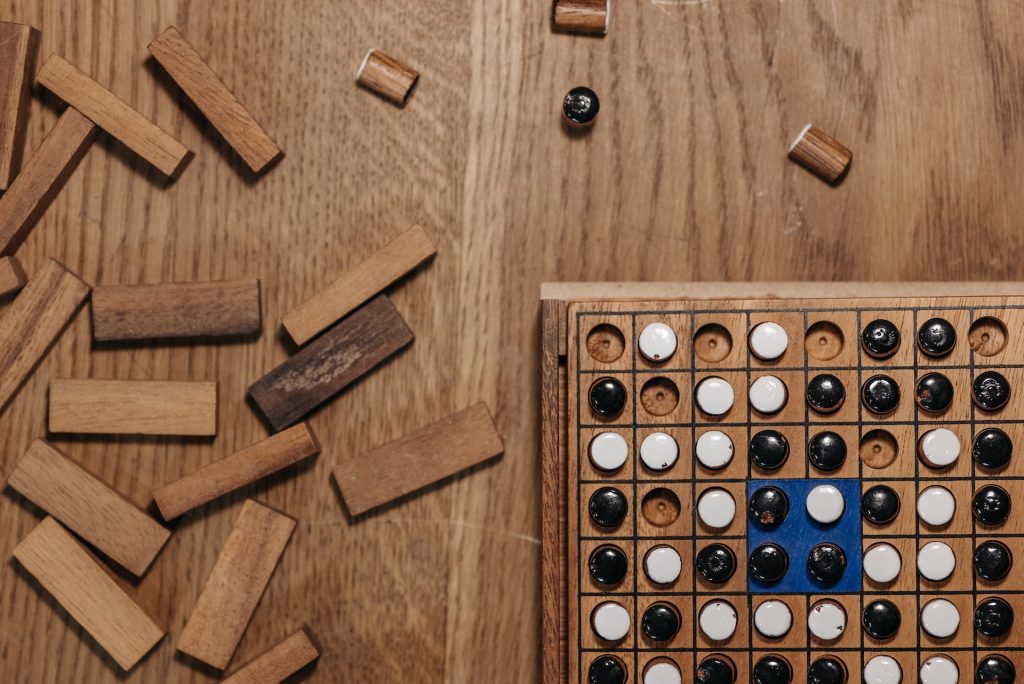Strategic Deception: Human Player Outwits AI, Winning 14 Out Of 15 Go Games
In a surprising turn of events, a human player managed to defeat an artificial intelligence (AI) system in 14 out of 15 games of Go by cleverly tricking it into a serious blunder. This unexpected outcome highlights the limitations of even the most advanced AI algorithms when faced with strategic deception.

Go, an ancient board game known for its complexity, has been a benchmark for AI research. The AI system in question had previously showcased impressive performance, defeating world-class human players and earning a reputation for its strategic prowess. However, it was not prepared for the cunning tactics employed by the human opponent.
The human player strategically manipulated the AI’s weaknesses, luring it into a position that appeared advantageous but was, in fact, a trap. By exploiting the AI’s predictable patterns and exploiting gaps in its decision-making process, the human player successfully induced a critical blunder from the AI, leading to decisive victories.
This outcome sheds light on an important aspect of AI development—the susceptibility of AI algorithms to manipulation and the challenges they face in dealing with unforeseen circumstances. While AI excels in many domains, it struggles with the flexibility and adaptability that human intelligence possesses.

This incident also underscores the importance of human creativity and strategic thinking. Despite the AI’s vast computational power and ability to analyze vast amounts of data, it was ultimately outwitted by a human player who employed innovative tactics that the AI could not anticipate or respond to effectively.
